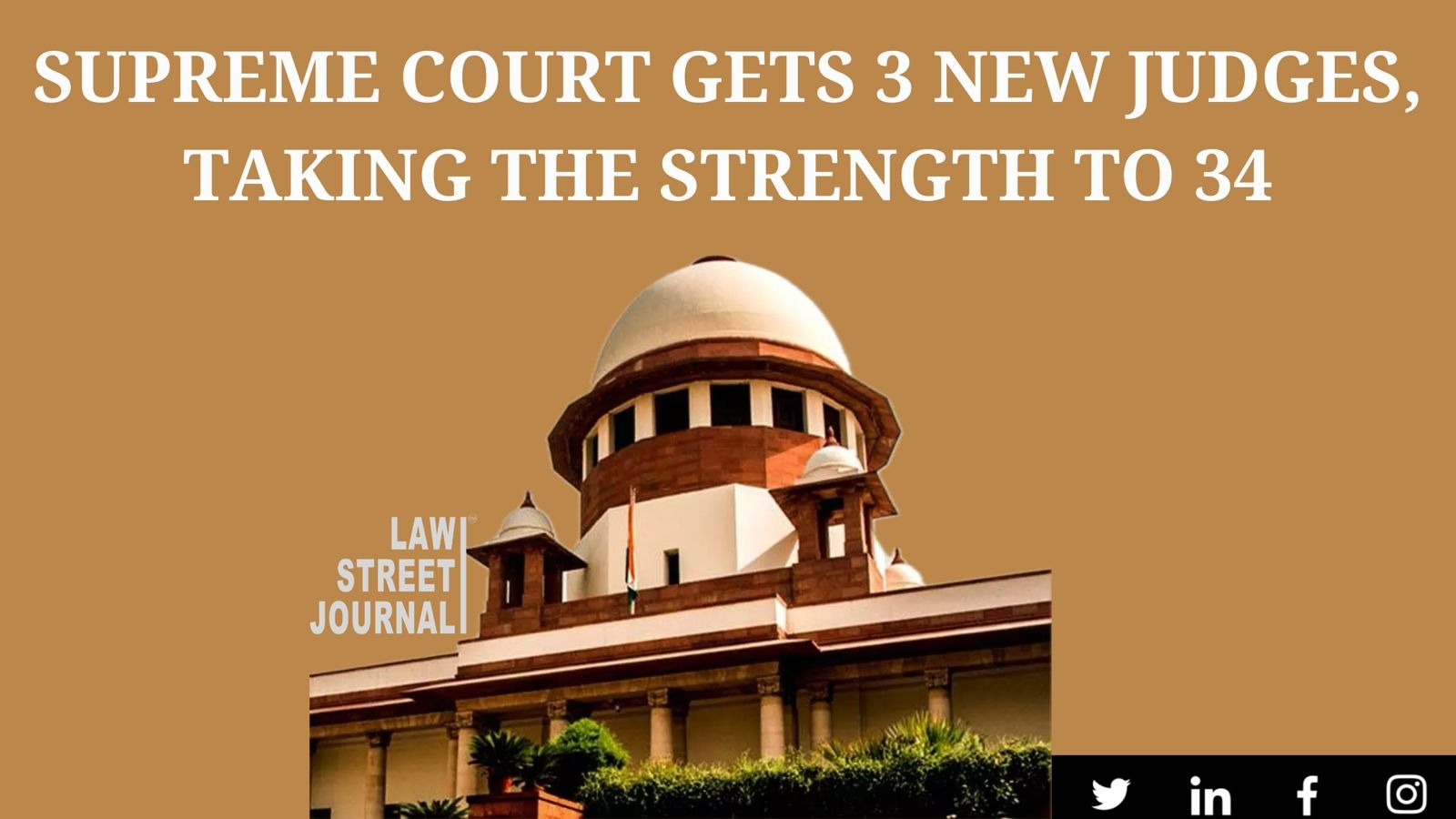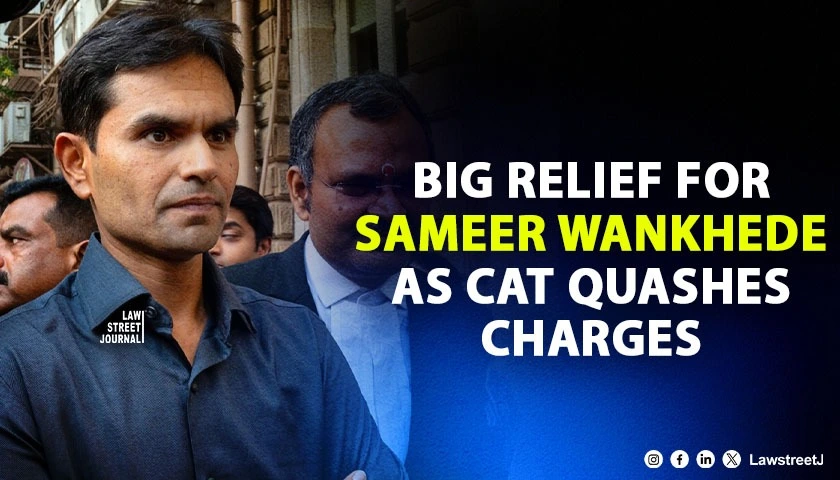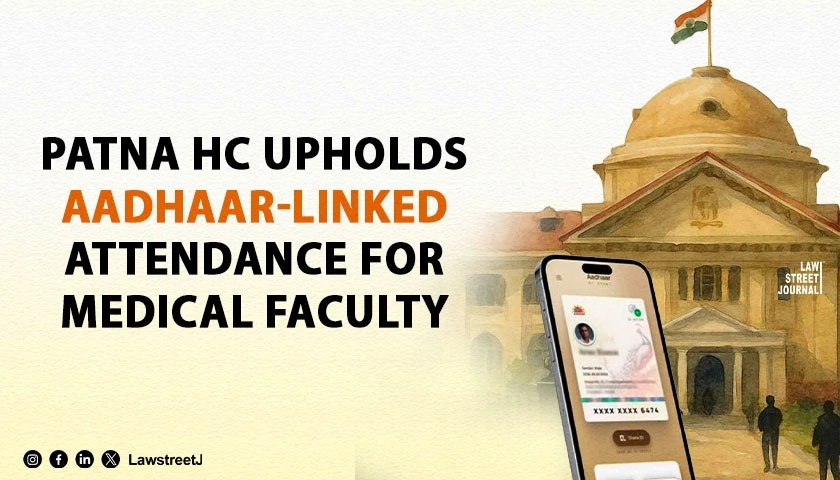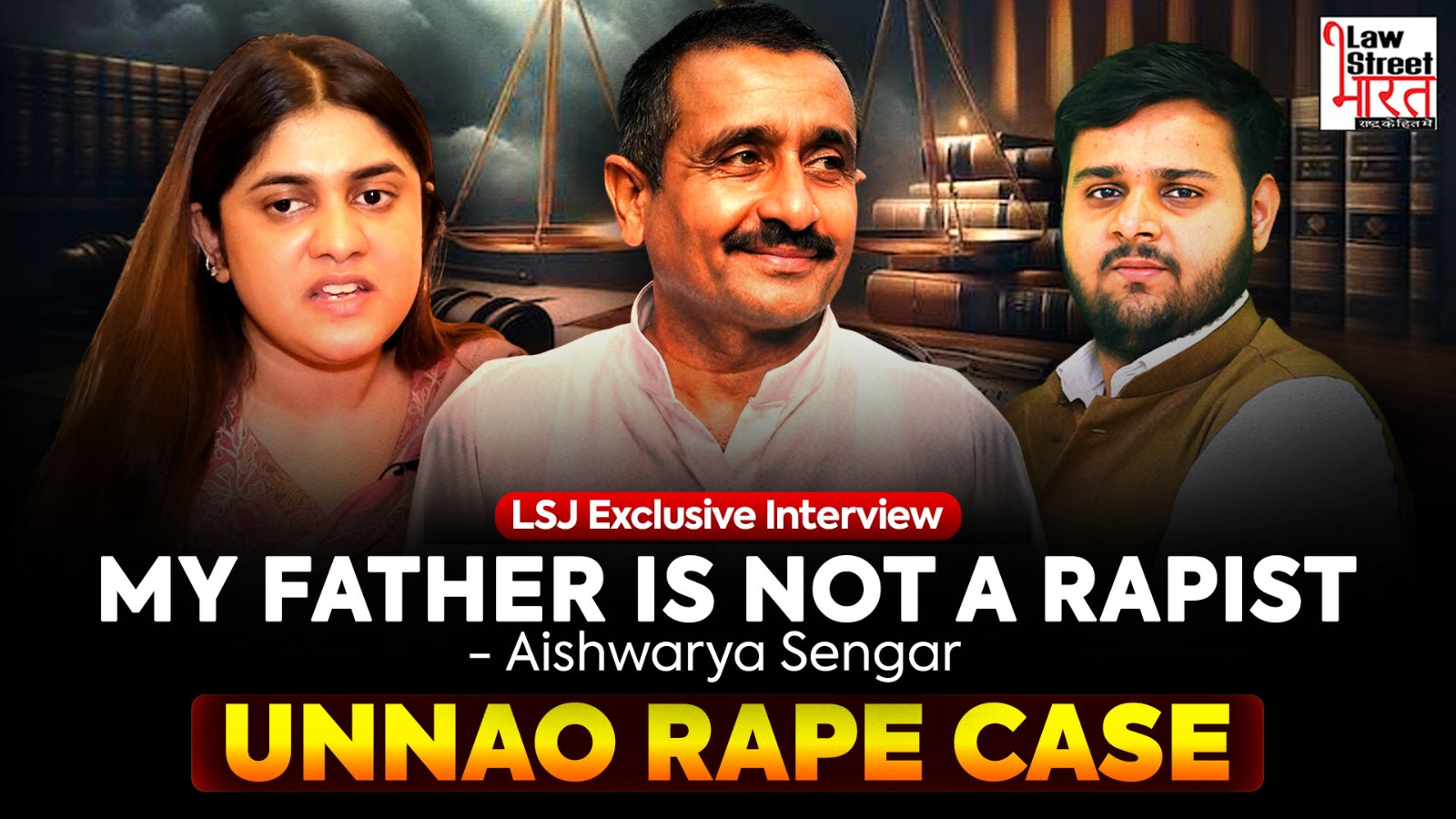Gauhati: The Gauhati High Court (Kohima Bench), while extending the ratio laid down by the Hon’ble Supreme Court in Vihaan Kumar vs State of Haryana & Ors. and Prabir Purkayastha vs State (NCT of Delhi), declared the arrest of an accused in a road rage murder case in Kohima, Nagaland, to be illegal.
The arrest arose from an FIR registered by Kohima Police on 18.05.2024 under Sections 290, 352, 323, 325, 302, and 34 of the IPC, 1860. The accused was arrested on 19.05.2024 and subsequently produced before the Judicial Magistrate, First Class, Wokha, and sent to 15 days of judicial custody along with another accused.
Counsel for the petitioner, Advocate Siddhartha Borgohain, relied on the Supreme Court judgments in Pankaj Bansal vs Union of India & Others [(2024) 7 SCC 576], Prabir Purkayastha vs State (NCT of Delhi) [(2024) 8 SCC 254], and Vihaan Kumar vs State of Haryana & Others [2025 SCC OnLine 269]. He argued that Article 22(1) of the Constitution clearly stipulates that no person who is arrested shall be detained without being informed, as soon as possible, of the grounds of arrest. This constitutional provision has been incorporated in Section 50 of the CrPC, 1973, which corresponds to Section 47 of the BNSS, 2023.
He submitted that the grounds of arrest were never communicated to the petitioner, rendering the arrest illegal. He further argued that if the arrest itself is illegal, any subsequent remand to judicial custody is also illegal.
However, the learned Public Prosecutor for the State of Nagaland submitted that the petitioner was verbally informed of the grounds of arrest. He contended that the law does not mandate that such grounds be conveyed in writing and relied on the Vihaan Kumar judgment to support his claim.
The bench of Justice Devashis Baruah, after reviewing the law laid down in Vihaan Kumar and perusing the case records and diary entries, noted that there was no mention of the formulation or communication of the grounds of arrest to the petitioner. The Court held that “reasons for arrest” cannot substitute the legal requirement under Section 50 of the CrPC and Article 22(1) of the Constitution. The “grounds of arrest” are specific to the accused and must include the basic facts justifying the arrest, enabling the accused to defend against custodial remand and apply for bail.
Taking into account the arguments from both sides, the Court concluded that the grounds of arrest were not communicated to the petitioner as required by law, declared the arrest illegal, and observed that if an arrest is vitiated, the individual cannot be kept in custody even for a second.
Case Title: Sri Neizosetuo Kire vs State of Nagaland & Anr. [Bail Appln./2/2025]


![Justice Nongmeikapam Kotiswar Singh appointed as acting Chief Justice of Gauhati High Court [Read Press Release]](/secure/uploads/2023/01/lj_9707_5c969d0f-570f-400a-ba8b-3b65cf825540.jpg)
![Collegium Recommends Chief Justices of Delhi, Rajasthan, and Gauhati High Courts for Elevation to Supreme Court [Read Order]](/secure/uploads/2023/11/lj_9736_933a94de-bdaf-43de-944b-b0e58e17edb5.jpg)
![Supreme Court Mandates Strict Scrutiny in Sexual Harassment Allegations at Work [Read Judgment]](/secure/uploads/2023/11/lj_3478_eef290f2-6acf-4296-9ee0-adf54f275609.jpg)





